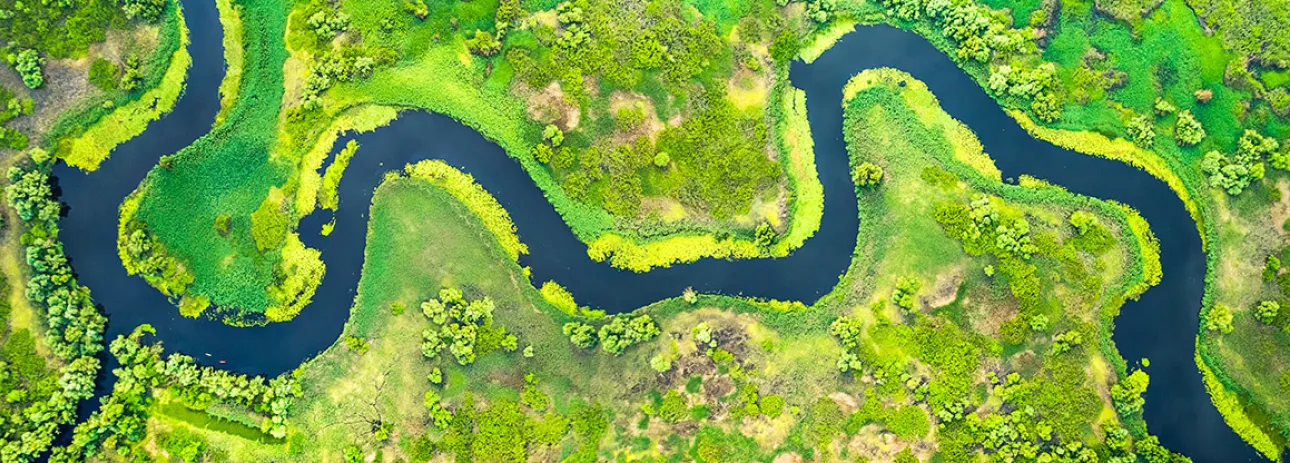
Eating less meat—starting with Meatless Monday—is a simple and effective first step toward protecting our planet and reducing the demand for meat globally.
Meatless Monday and Climate Change
Animal agriculture generates a significant amount of greenhouse gas emissions that contribute to climate change and the associated increase in the frequency and severity of flooding, droughts, and other extreme weather events.
- Learn more about the connection between high meat consumption and climate change in this overview: Meat and Climate on Your Plate
- Explore how shifting to healthy lower meat diets would affect climate measures in this paper. Country-specific dietary shifts to mitigate climate and water crises
- Learn about how a worldwide shift from current diets to the EAT-Lancet planetary health diet would have direct but very different implications for agricultural greenhouse gas emissions by country in this paper. Adoption of the ‘planetary health diet’ has different impacts on countries’ GHG emissions
- Check out how a meatless day has differential impacts by country in these two briefs. Considering the Country-Specific Climate & Freshwater Impact of MM and the Benefits of a Meatless Day for Climate and Water
- Read a review of the scientific literature on the roles of reducing animal product consumption and wasted food in meeting climate change mitigation targets, prepared in advance of the United Nations Conference of the Parties 21 (COP21), in this report. The Importance of Reducing Animal Product Consumption & Wasted Food in Mitigating Catastrophic Climate Change (2015)
- Learn from CLF’s expertise and insights regarding how best to implement and enhance climate solutions from a food systems and public health perspective in the Tahalonoa Dialogue. Climate Solutions: Shifting Diets And Reducing Wasted Food
- Explore how diet plans to support weight-loss influence the nation's food-related environmental footprint in this paper. Commercial weight-loss diets, greenhouse gas emissions and freshwater consumption
Meatless Monday Beyond Climate
Our food choices depend on intense production methods that use an outsized amount of water and land, damage soil and pollute waterways, and contribute to the destruction of ecosystems.
- How does global meat consumption put pressure on water and land use, our soil, habitats, and biodiversity? Read this brief to learn more. The Environmental Cost of Meat Production
- Will switching to plant-based meat and dairy products protect our planet and our health? Read these two briefs to learn more. Considering plant-based meat substitutes and cell-based meats: A public health and food systems perspective and Dairy and Plant-Based Milks: Implications for Nutrition and Planetary Health
- Review the pros and cons of increasing the production and consumption of legumes in this paper. How do food systems interact with both the environment and our ability to produce and consume nutritious foods? This paper provides a useful analysis of our food system.

